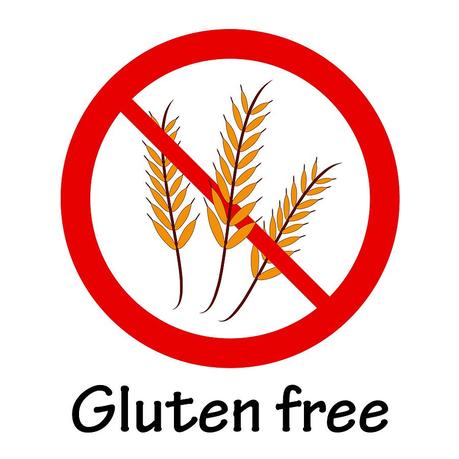
It is becoming increasingly common to find the shelves of a grocery store stocked with gluten-free food. There are even many restaurant menus that are offering gluten-free options these days. What exactly is gluten and who should avoid it?
WHAT IS GLUTEN?
Gluten is a protein found in wheat and similar grains including barley, rye and cereal grains such as farro, kamut, spelt, durum, einkorn, oats and semolina . It is the component that adds texture and chewiness to baked goods, so it is commonly found in flour products such as cookies, cakes, pizza, pasta, and bread . It is used as a thickener or binder for soups, gravies, broths and condiments like ketchup or salad dressing. It is also used to enhance flavor, and can be found in coffees, dairy products, and liquors.
Gluten is a mucous causing substance and an inflammatory food. When ingested it causes damage to the small intestines causing inflammation resulting in malabsorption of nutrients.
GLUTEN INOLERANCE
Gluten intolerance contributes to a wide variety of diseases, including asthma, arthritis, depression, eczema, fibromyalgia, migraines, chronic bowel syndrome, all digestive issues, autism, schizophrenia and many autoimmune disorders.
You don’t have to be diagnosed with celiac disease to avoid gluten. In my case I went on a thirty-day gluten-free diet and when I reintroduced it back in I felt the immediate effect of bloating, pain in my stomach, headache and fibromyalgia flare-ups. That was enough for me to know I did not need it in my diet anymore. You can try avoiding it for a period of time and see if your symptoms improve.
GLUTEN-FREE ALTERNATIVES
The question I am frequently asked is, “If I can’t eat gluten what is there to eat?”
These days there are a wide variety of gluten-free grains to choose from. Amaranth, millet, buckwheat and quinoa are some of them. There is even corn or rice pasta, or quinoa pasta (which is my favorite) that are easy to find in most grocery markets. But more importantly start adding more fresh fruit and vegetables into your diet, as those should be our staple foods. For healthy recipes, and ways to increase whole, fresh foods into your diet click here.
Whether you are gluten intolerant or not if you want increased energy, mental clarity and a to enjoy a lightness in your digestive system, it may greatly benefit you to try a gluten-free diet.
 This post was contributed by guest writer Christine Roseberry. Christine is a Registered Nurse, specializing in Pediatrics and Gastroenterology. She is a Certified Natural Health Practitioner with a Ph.d in Holistic Nutrition from the University of Natural Health. Christine's own personal health journey, her studies of health science, and her professional experience give her the unique understanding and insight needed in guiding clients onto their path of health and rejuvenation. Read more about Christine on her blog and on Facebook.
This post was contributed by guest writer Christine Roseberry. Christine is a Registered Nurse, specializing in Pediatrics and Gastroenterology. She is a Certified Natural Health Practitioner with a Ph.d in Holistic Nutrition from the University of Natural Health. Christine's own personal health journey, her studies of health science, and her professional experience give her the unique understanding and insight needed in guiding clients onto their path of health and rejuvenation. Read more about Christine on her blog and on Facebook.

